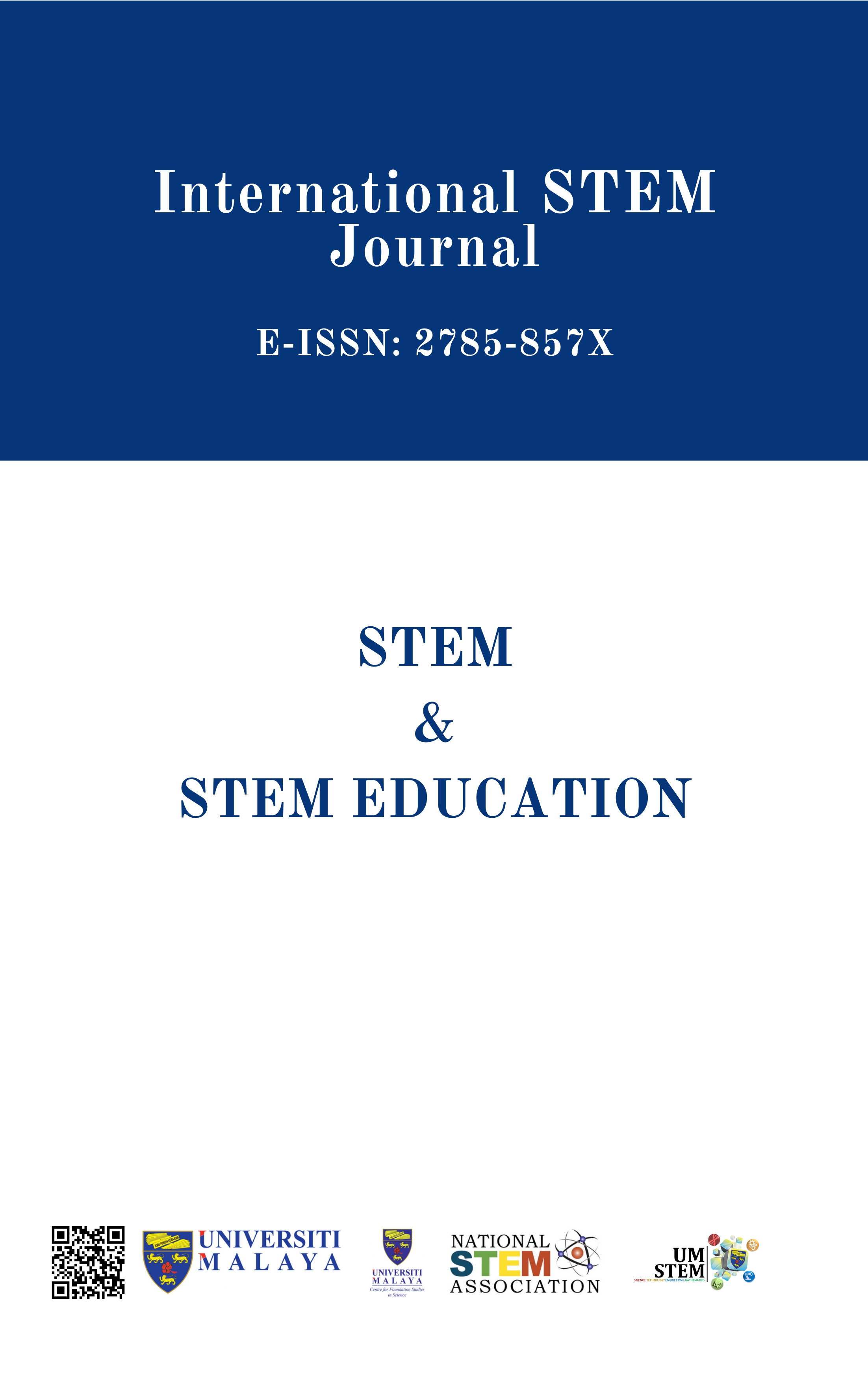ENHANCING BIOLOGY LEARNING EXPERIENCE THROUGH PHYSICAL ACTIVITIES AND ONLINE TEACHING TOOLS
Keywords:
Biology, Pre-University, Physical Activities, Online Teaching ToolsAbstract
In recent years, various initiatives have been taken by countries all over the world to increase students’ interests in the teaching of science subjects in order to meet demands of increasingly challenging curriculum in tertiary education. At the pre-university level (pre-U, hereafter) in Malaysia, Biology is a compulsory subject for students who wish to pursue life sciences related fields such as medicine, dentistry and health sciences. Transitioning, adapting and familiarizing oneself with the learning process at pre-U is a big shift for students, which puts great demands on lecturers to employ various activities in the classroom. One of the ways to enhance the teaching and learning process of Biology is through physical activities and online teaching tools which have been employed in Biology lectures and tutorials in the ASASIpintar, Universiti Kebangsaan Malaysia Program (Aspi, hereafter). Each method of employing physical activities and online teaching tools varies according to class size and time allocations. This practice can be applicable as initiatives (1) to make learning Biology at pre-U fun and entertaining, (2) to enhance students’ interest in learning Biology at pre-U and (3) to encourage innovation among lecturers in the teaching and learning of Biology at pre-U which is in line with STEM for 21st century learning.
Downloads
References
Creswell, J. W. (2014). Research Design: Qualitative, Quantitative and Mixed Methods Approaches (4th ed.). Thousand Oaks, CA: Sage
Dzvapatsva, G.P., Mitrovic, Z. & Dietrich, A.D. (2014). ‘Use of social media platforms for improving academic performance at Further Education and Training colleges’, South African Journal of Information Management 16(1), Art. #604, 7 pages. http://dx.doi. org/10.4102/sajim. v16i1.
Hwang G-J, Wu P-H, Chen C-C. (2012). An online game approach for improving students’ learning performance in web-based problem-solving activities. Computer Education. 59(4):1246–56.
Lu, E. Y., Ma, H., Turner, S., & Huang, W. (2007). Wireless internet and student-centered learning: A partial least-squares model. Computers & Education, 49(2), 530-544.
MacKenty, B. (2006). All Play and No Work. School Library Journal, 52, 46-48.
McDonough, J., & McDonough, S. (1997). Research Methods for English Language Teachers. Great Britain: Arnold.
McLester, S. (2005). Game Plan. Technology and Learning, 26(3), 18-20, 22, 24, 26.
Pannese, L. & Carlesi, M. (2007). Games and learning come together to maximize effectiveness: The challenge of bridging the gap. British Journal of Educational Technology, 38(3), 438-454.
Piaget, J. (1962). Play, dreams and imitation in childhood. New York, NY: W. W. Norton.
Plass,P.L., Homer,B.D., Kinzer, C.K. (2015). Foundations of Game-Based Learning. Educational Psychologist. 50(4), 258–283, 2015
Prensky, M. (2001). Digital Natives, Digital Immigrants Part 1. On the Horizon, Vol. 9 Iss: 5, pp.1 – 6.
Prihhartini, Sya’baningrum. (2018). Learning Grammar Through Physical Games. SUKMA:Jurnal Pendidikan ISSN: 2548-5105 Volume 2 Issue 2, Jul-Dec 2018, pp. 187-203
Schrand, T. (2008). Tapping into Active Intelligences with Interactive Multimedia: A Low threshold Classroom Approach. Collegiate Teaching, 56, 78-84.
Tuan, Luu Trong, and Nguyen Thi Minh Doan. 2010. Teaching English Grammar Through Games. Studies in Literature and Language 1 (7): 61–75. https://doi.org/10.3968/n.
Van De Bogart, W. (2009). Developing a Pedagogy for Active Learning (PAL) Part I. Retrieved from http://www.earthportals.com/Portal_Messenger/ActiveLearning.html
Verdu´ E, Regueras LM, Gal E, de Castro JP, Verdu´ MJ, Kohen-Vacs D. (2017). Integration of an intelligent tutoring system in a course of computer network design. Educ Technol Research Dev; 65(3):653– 77.
Verdu´ E, Regueras LM, Verdu´ MJ, Leal JP, de Castro JP, Queiro´s R. A. (2012). distributed system for learning programming on-line. Comput Educ; 58(1):1–10.
Willig, C. (2001). Introducing Qualitative Research in Psychology: Adventures in Theory and Method, Volume 2. Open University Press.
Wright, G.B. (2011). Student-Centered Learning in Higher Education. International Journal of Teaching and Learning in Higher Education. Volume 23, Number 3, 92-97.



